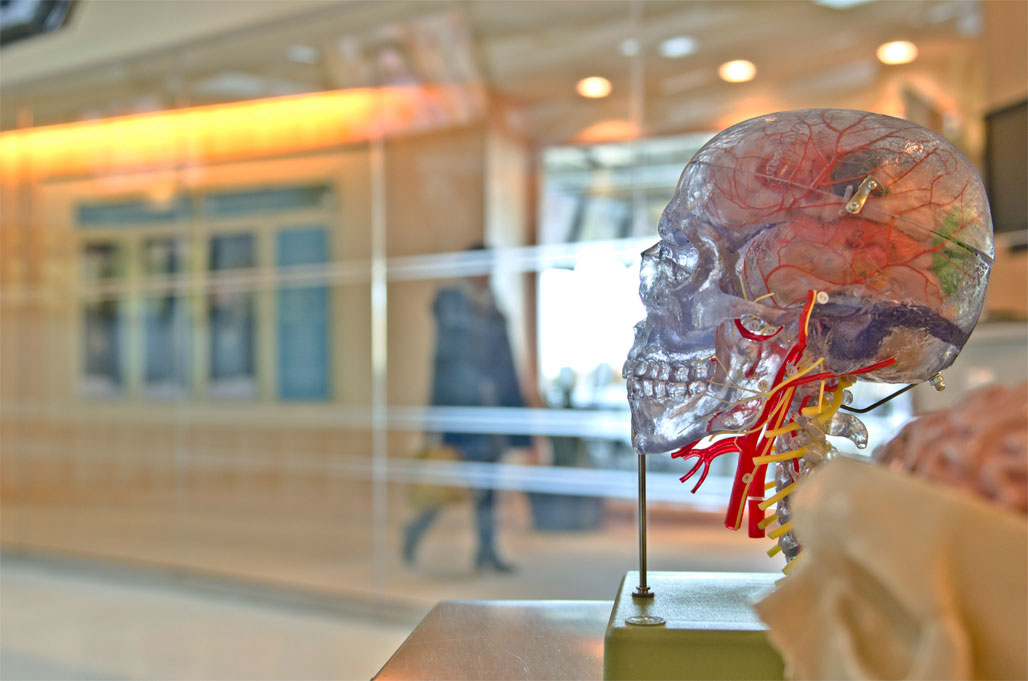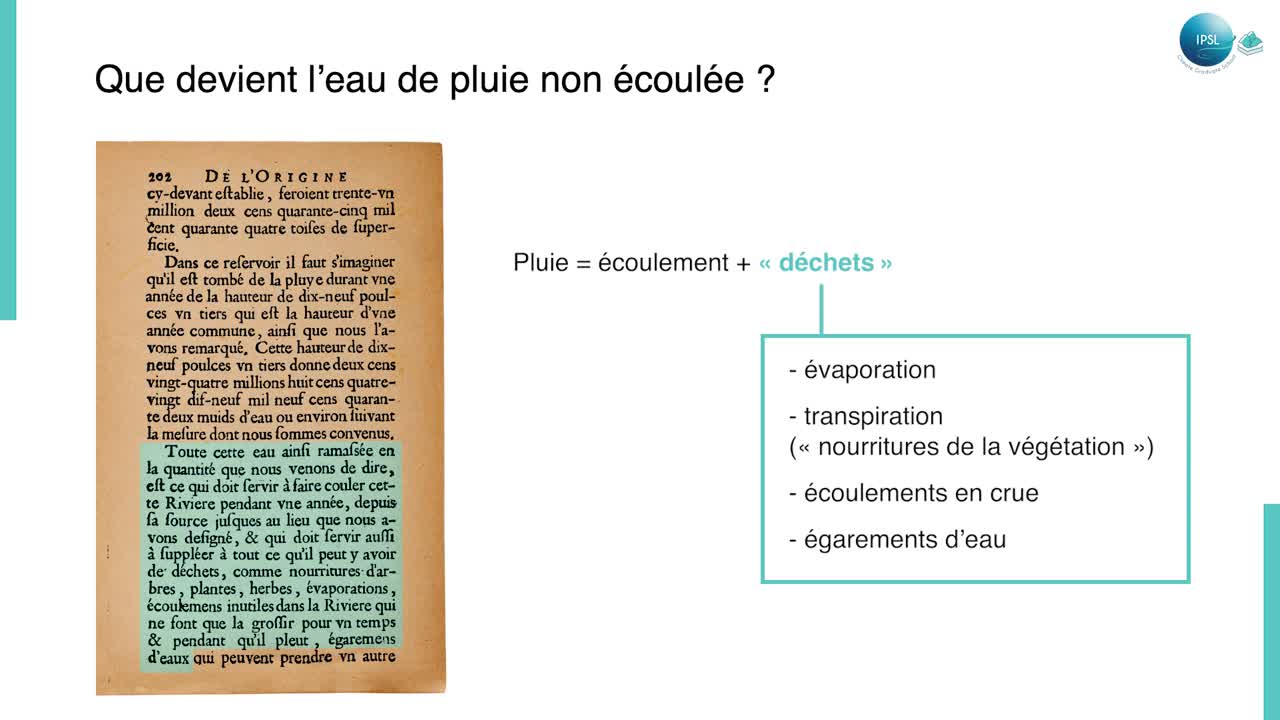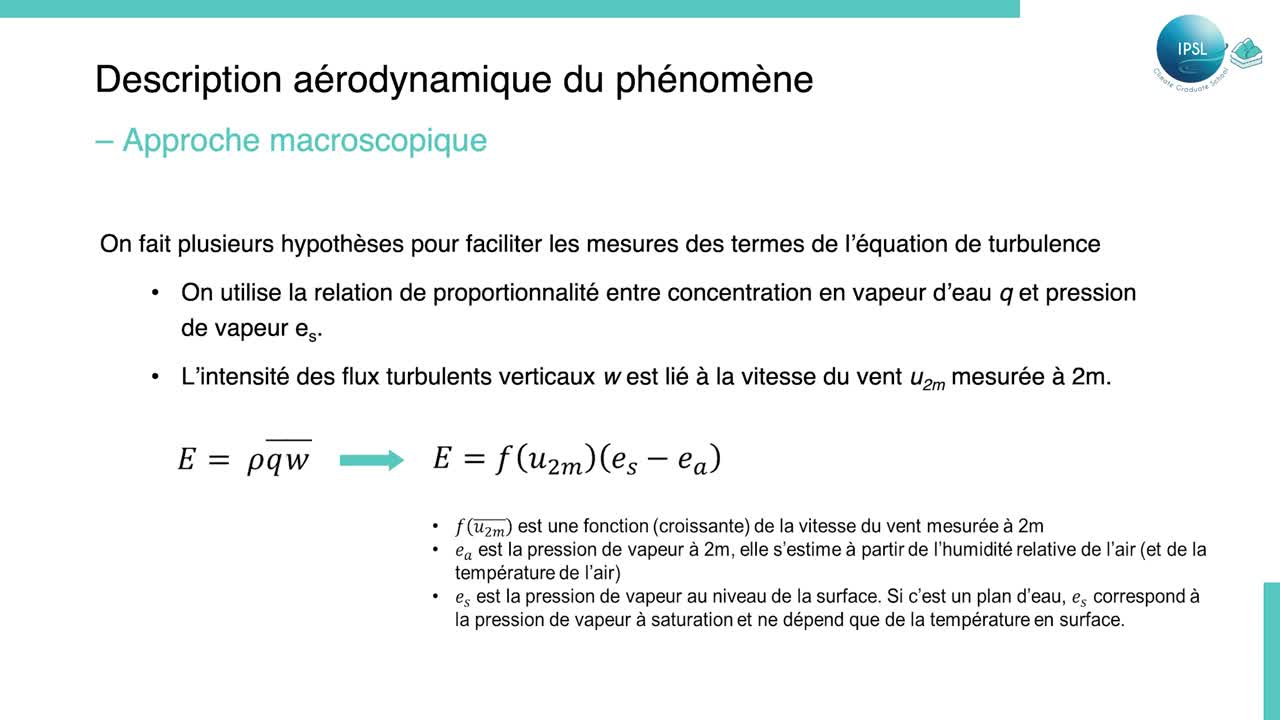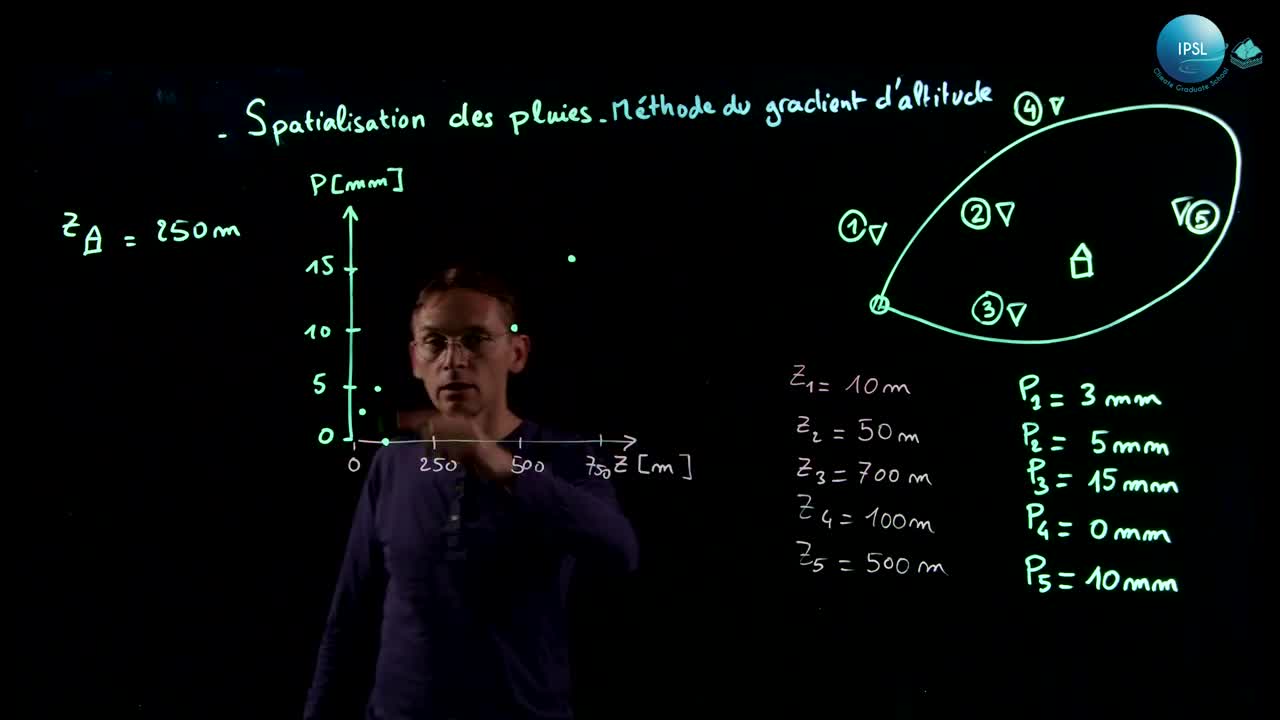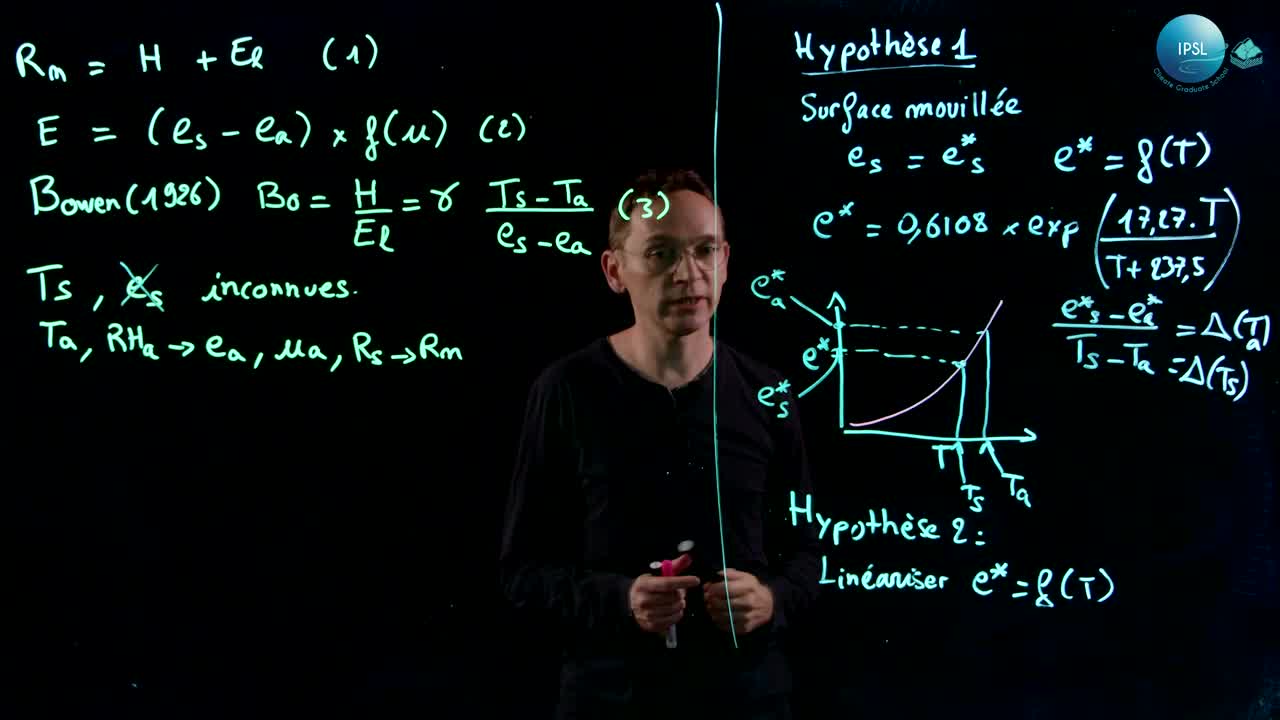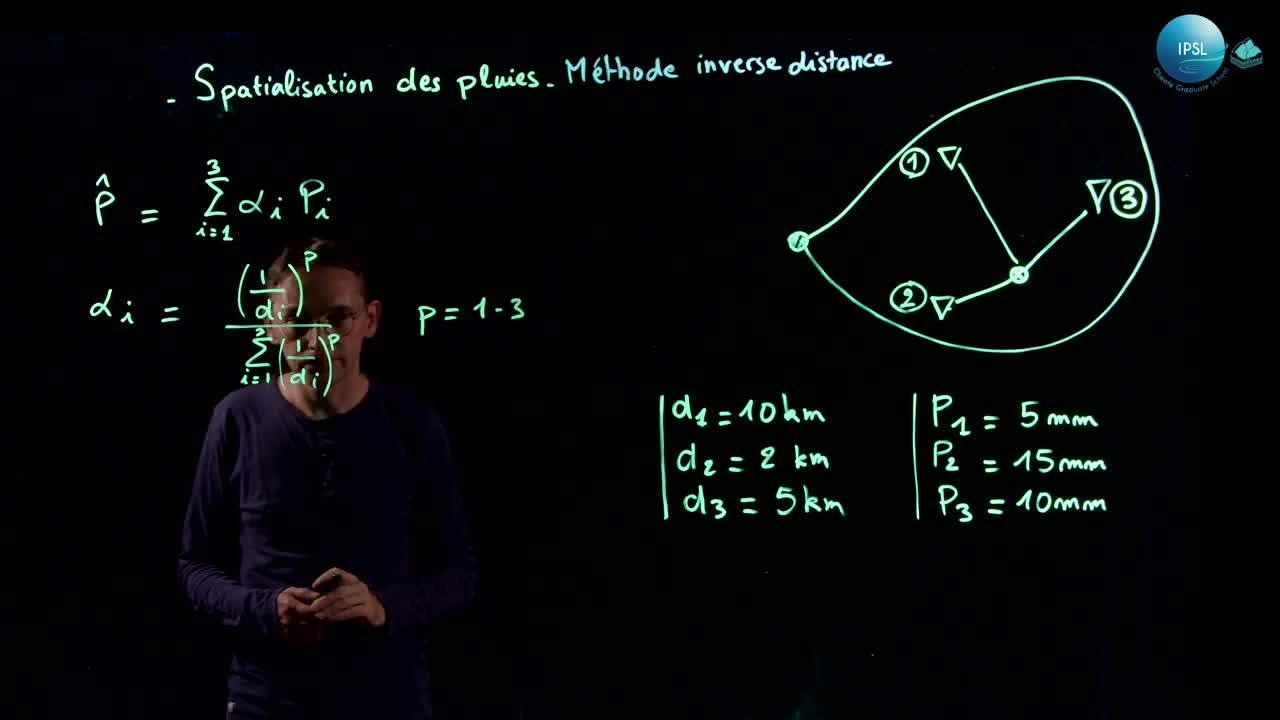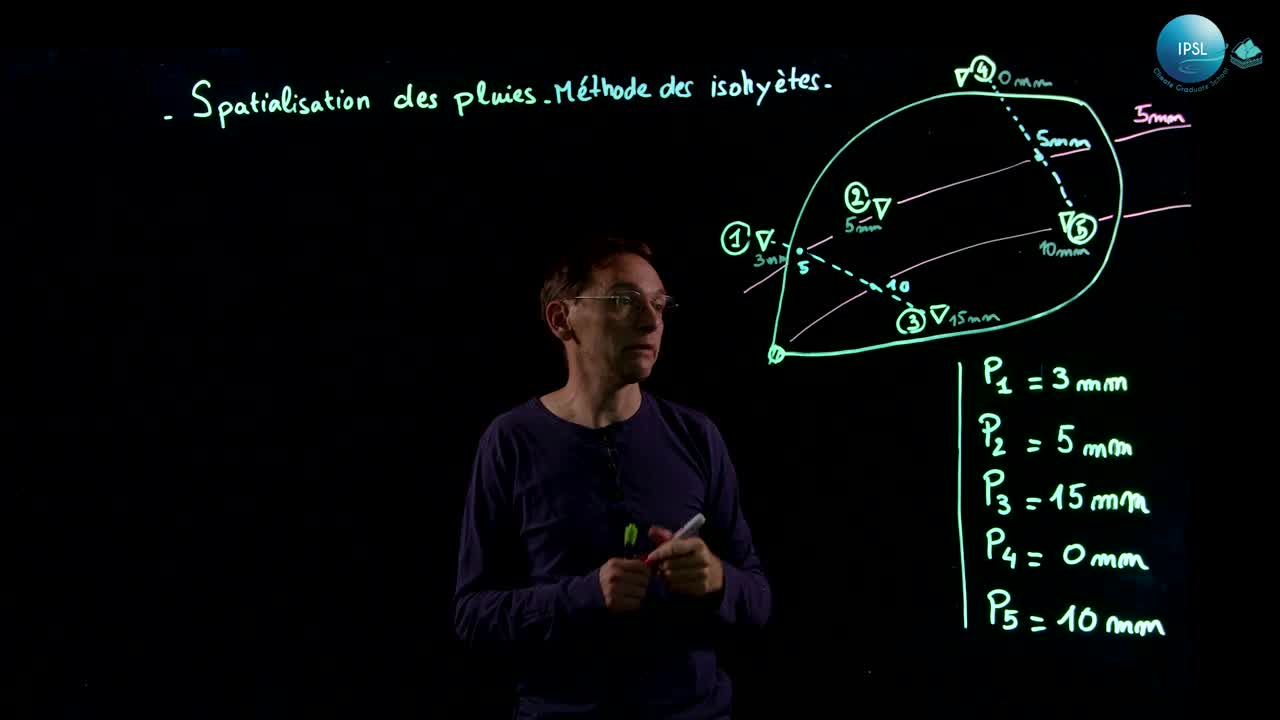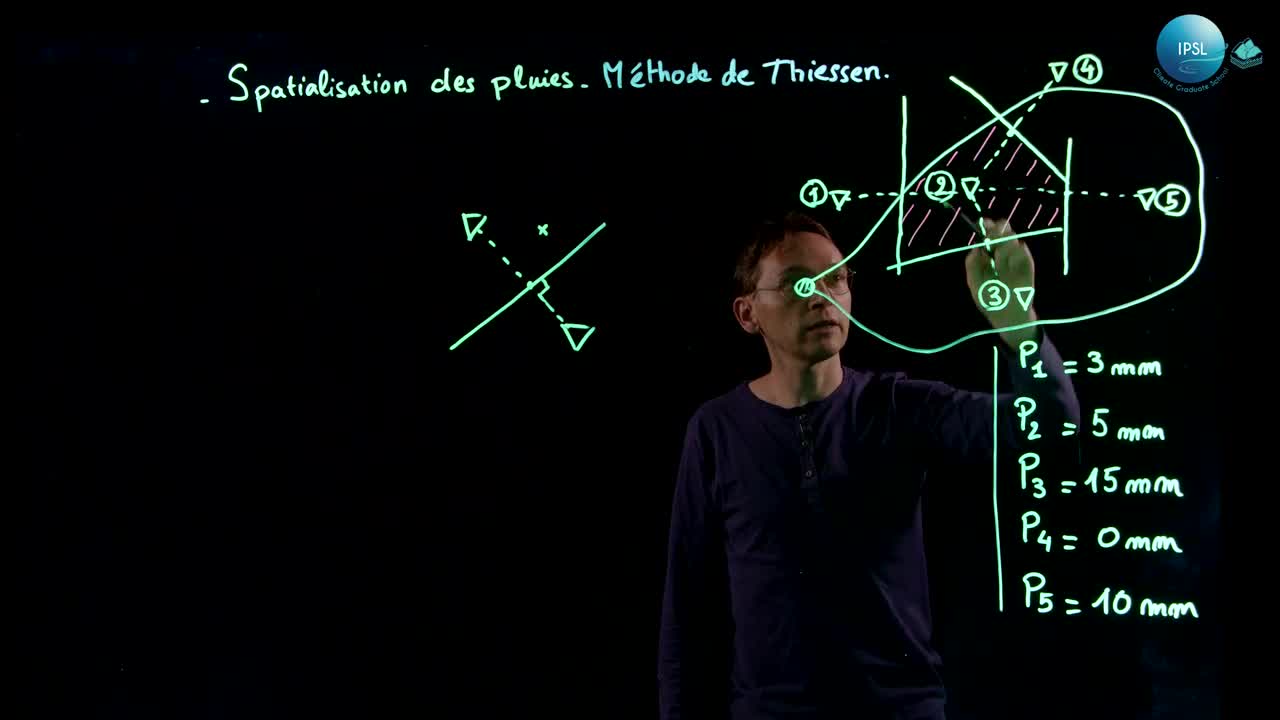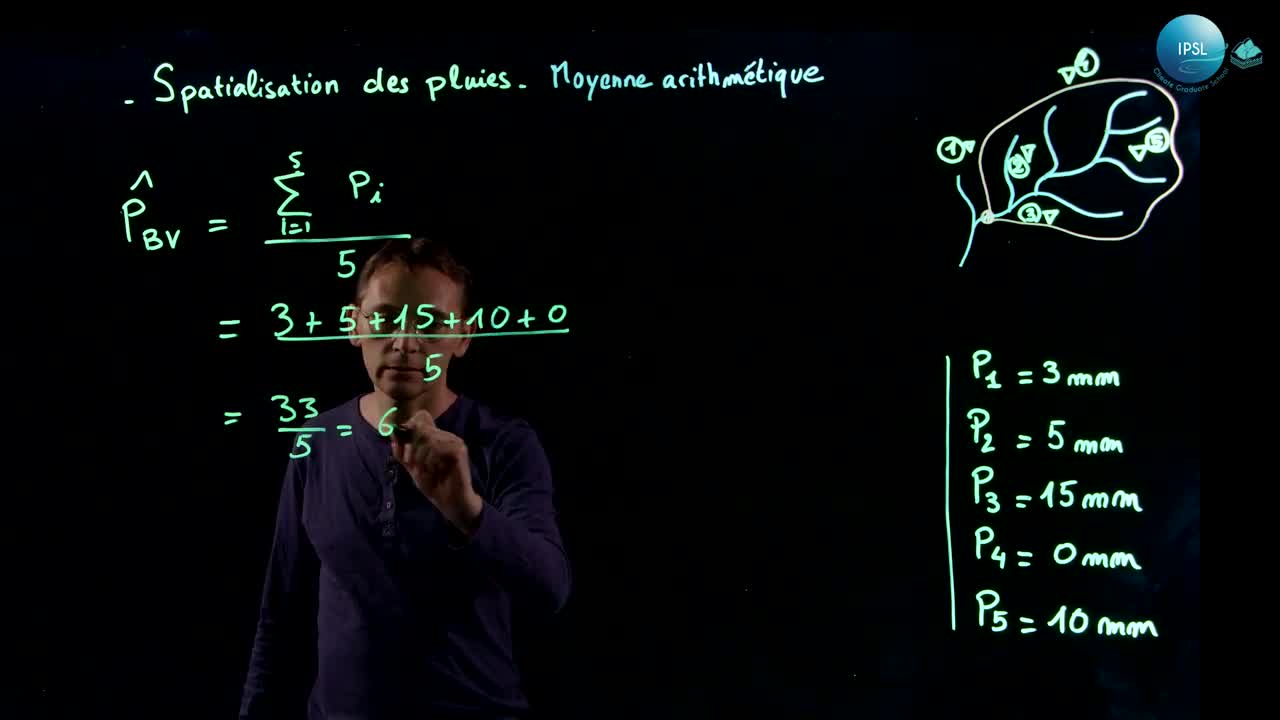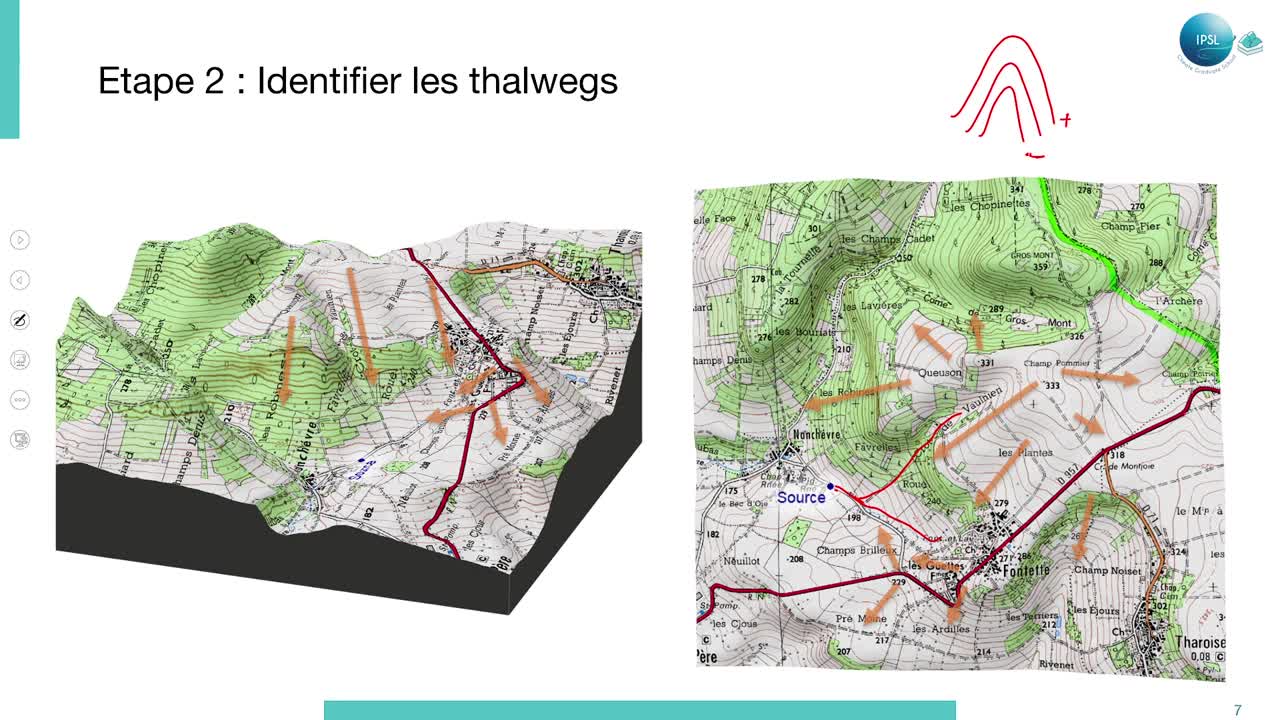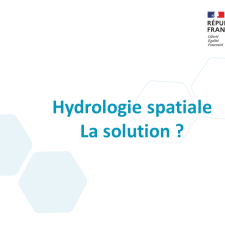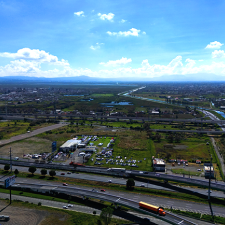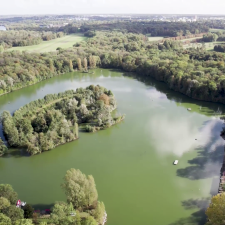Notice
Wireless In the Woods: Monitoring the Snow Melt Process in the Sierra Nevada
- document 1 document 2 document 3
- niveau 1 niveau 2 niveau 3
Descriptif
Historically, the study of mountain hydrology and the water cycle has been largely observational, with meteorological forcing and hydrological variables extrapolated from a few infrequent manual measurements. Recent developments in IoT technology are revolutionizing the field of mountain hydrology. Low-power wireless networks can now generate denser data in real-time and for a fraction of the cost of labor-intensive manual measurement campaigns.
The American River Hydrological Observatory (ARHO) project has deployed thirteen low-power wireless IoT networks throughout the American River Basin to monitor the melting process of California's snowpack. The networks feature a total of 945 environmental sensors, each reporting a reading every 15 min. The data reported is available online to the scientific community minutes after it was generated.
This presentation will give you an in-depth overview of the ARHO project. We will detail the different requirements and technical options, describe the technology deployed today, and discuss the challenges associated with large-scale environmental monitoring in extreme conditions.
This work is done as part of the REALMS associate team between the Inria EVA team, Prof. Glaser's team at UC Berkeley and Prof. Kerkez' team at the University of Michigan.
Intervention / Responsable scientifique
Dans la même collection
-
Explorations Mathématiques de l'activité du cerveau
TouboulJonathanExplorations Mathématiques de l'activité du cerveau Le siècle dernier a été une période fascinante durant laquelle les recherches expérimentales ont fait des avancées majeures sur la
-
Logic-based static analysis for the verification of programs with dynamically allocated data struct…
DrăgoiCezaraSoftware development has reached a complexity level that cannot be handled without the aid of computer assisted methods. It is therefore of the highest importance to have rigorous methods and
-
Resolving Entities in the Web of Data
ChristophidesVassilisOver the past decade, numerous knowledge bases (KBs) have been built to power a new generation of Web applications that provide entity-centric search and recommendation services. These KBs offer
-
Phénomènes Aléatoires dans les Réseaux
RobertPhilippeLes phénomènes aléatoires sont une composante-clé des réseaux de communication, ils interviennent, de façon majeure, dans le trafic que les réseaux traitent, ainsi que dans certains algorithmes
-
Modèles mémoire pour les multiprocesseurs à mémoire partagée
MarangetLucLa plupart des systèmes qui s'apparentent à des ordinateurs un tant soit peu sophistiqués comprennent plusieurs unités de calcul qui communiquent par l'intermédiaire d'une mémoire partagée.
-
Gestion de données personnelles respectueuse de la vie privée
AnciauxNicolasEn très peu de temps, nous sommes entrés dans une ère de génération massive des données personnelles créées par les individus, leurs équipements digitaux ou mises à disposition par certaines
-
Génération de maillages pour la simulation numérique
LoseilleAdrienUne branche importante du calcul scientifique consiste à simuler sur ordinateurs des phénomènes physiques complexes. Son intérêt consiste à mieux appréhender des problèmes fondamentaux : solution
-
Réduction de modèles de voies de signalisation intracellulaire
FeretJérômeLes voies de signalisation intracellulaire sont des cascades d'interaction entre protéines, qui permettent à la cellule de recevoir des signaux, de les propager jusqu'à son noyau, puis de les
-
Réseau optiques, algorithmes et probabilités
RobertsJ. B.L'objectif des recherches de l'équipe RAP est de modéliser le comportement de réseaux de divers types, soumis à une demande de nature aléatoire, afin la prédire leurs performances. Le partage des
Sur le même thème
-
5 - De l'origine des fontaines au premier bilan hydrologique - Ludovic Oudin
OudinLudovicRetour sur les travaux de Perrault (1674)
-
14 - Évapotranspiration - Introduction des principaux processus
OudinLudovicPrésentation des processus physiques impliqués dans l'évapotranspiration.
-
13 - Précipitations : mesures et estimations spatiales - Méthode du gradient d'altitude
OudinLudovicCalcul d'une pluie de bassin en tenant compte du gradient d'altitude
-
15 - Evapotranspiration potentielle - Développement du calcul de Penman - Ludovic Oudin
OudinLudovicDémonstration de l'équation de Penman
-
12 - Précipitations : mesures et estimations spatiales - Méthode inverse distance - Ludovic Oudin
OudinLudovicCalcul d'une pluie de bassin par l'approche IDW
-
11 - Précipitations : mesures et estimations spatiales - Méthode des isohyètes - Ludovic Oudin
OudinLudovicCalcul d'une pluie de bassin en traçant les isohyètes
-
10 - Précipitations : mesures et estimations spatiales - Méthode de Thiessen - Ludovic Oudin
OudinLudovicCalcul d'une pluie de bassin par les polygones de Thiessen
-
9 - Précipitations : mesures et estimations spatiales - Moyenne arithmétique - Ludovic oudin
OudinLudovicCalcul d'une pluie de bassin par moyenne arithmétique
-
4 - Origine de l'eau des sources et des rivières - Ludovic Oudin
OudinLudovicComment délimiter un bassin versant à partir d'une carte topographique ?
-
Hydrologie spatiale : la solution ? - CoSavez-vous ? Eau bien commun
VenotJean-PhilippeHostacheRenaudLes dernières décennies ont vu les capacités d’observation de la Terre par satellite démultipliées. Ces sources de données massives et les financements qui y sont associés offrent des opportunités
-
Mexico au défi de l’aménagement de ses zones humides
Blásquez MartinezLidia IvonneAngéliaumeAlexandraCette conférence traite de l’importance des zones humides pour la durabilité et la résilience des villes face aux défis environnementaux.
-
Plans d’eau urbains et accès à la nature, le lac de Champs-sur-Marne
Vinçon-LeiteBrigitteD’origine artificielle, cette ancienne gravière revêt désormais une importance particulière pour la biodiversité en ce qu’elle constitue une interface entre le milieu terrestre et aquatique, favorable


